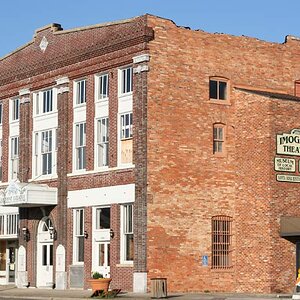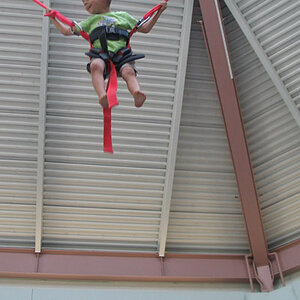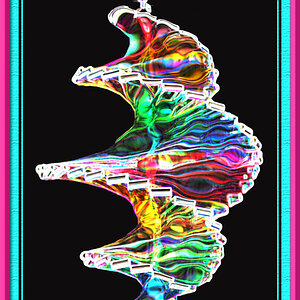Big
TPF Noob!
- Joined
- Apr 22, 2009
- Messages
- 1,227
- Reaction score
- 0
- Location
- New Hampshire
- Website
- coffmanimages.webs.com
- Can others edit my Photos
- Photos NOT OK to edit
What is it about full frame DSLR cameras that make them "professional" over crop sensor cameras?:scratch: I mean, it may be dumb to say but couldn't you just stand a couple feet further back to get more in the shot (in some cases)? I have been using a crop sensor P&S for a few years now and never really considered it to be a problem. I have been looking at the Canon 50D and comparing it to the 5D Mark II. For one, I don't want to wait to save up all that extra money when I can hardly wait to get one as it is. I would be doing mostly landscape (sunrise/sets), wildlife, macro and indoor shooting with low light on occasions. I know a full frame will handle low light better than a crop sensor due to less pixel density per sq. cm (I do my fair share of research!) but what makes it that much better than the 50D especially when the 50D seems to be a better choice for sports or action photography since it shoots 6.3 vs 3.9fps?
Thanks -BIG
Thanks -BIG





![[No title]](/data/xfmg/thumbnail/1/1592-cfae4a7ea791f96c6e2d03484be2e454.jpg?1619729144)

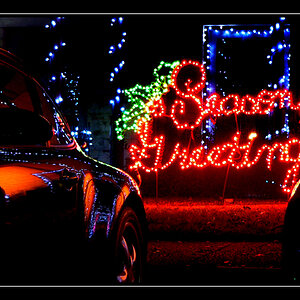
![[No title]](/data/xfmg/thumbnail/34/34119-711b53445c011079fb89b6f42682ed00.jpg?1619736289)

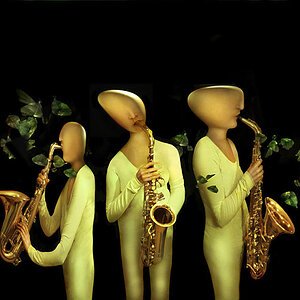
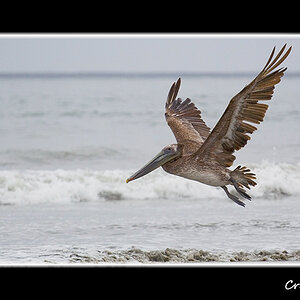
![[No title]](/data/xfmg/thumbnail/34/34123-da7d55491fec06595061191321c92646.jpg?1619736293)
